Foreground // Foresight presented by Asialink Arts for The Spirit of Cementa '21

On Friday October 15, Asialink Arts will present two events for Cementa’s Spirit of '21. Foreground // Foresight introduces key arts leaders from Japan to discuss arts and culture led community-engaged placemaking and regional renewal. The program aligns and reinforces Cementa’s commitment to promoting arts and cultural led regeneration in Kandos and the Mid-Western region of NSW. These sessions aim to explore future collaborations and possibilities in Kandos’s regional community, inspiring international conversations through a local lens and leading to an actionable future agenda.
Fram Kitagawa, founder of Art Front, and the world renowned Setouchi and Echigo Tsumari Triennials will open with a keynote presentation to introduce and inspire possibilities of arts led regional regeneration. Following this there will be a panel discussion with three esteemed speakers from Japan and Australia, Teiko Hinuma, Norikazu Sato and Andrew Burns who will explore from their persepctives the ingredients to successful community led activation and regeneration in regional locations.
Keynote Presentation – Fram Kitagawa: Vision and Arts Leadership in Regional Development
Date: Friday, 15 Oct 2021
Time: 12.00pm AEDT
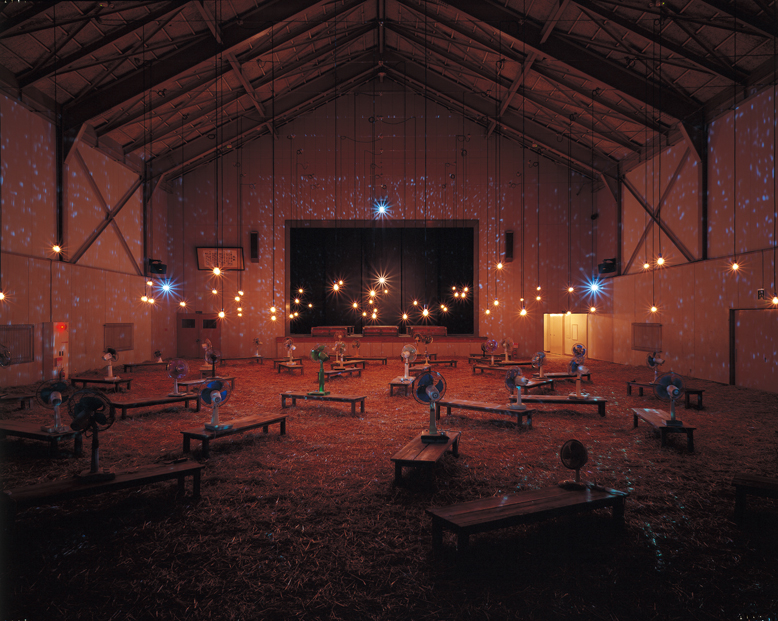
Arts-led regional regeneration projects in Japan have a successful history in contributing to the region’s economic, social, and environmental renewal through art and cultural tourism. We have invited Fram Kitagawa, the esteemed director of influential projects responsible for large-scale rejuvenation in regional and rural Japan to share with us the rationale and impact of his work. The session will look both back and forward to assess the change that arts led regional development can manifest.
Register here.
Panel Discussion – From the Ground Up: Community Catalysts
Date: Friday, 15 Oct 2021
Time: 1.00pm AEDT

This panel moderated by Dr Pippa Dickson, Director of Asialink Arts, brings together leaders from Japanese arts-led regional regeneration projects to explore the trajectories and the social and cultural impacts of community-engaged placemaking. Teiko Hinuma, Norikazu Sato and Andrew Burns, will be invited to explore how the arts and architecture are crucial to expressing local identity. Through an exploration of their respective projects the panel will examine the importance of understanding communities and working with local identities in developing and maximising stakeholder engagement leading to long term activation of place and sustainability.
Register here.
Foreground // Foresight is presented by Asialink Arts and Cementa and supported by the Australian Government through the Australia-Japan Foundation @ausjapanfoundation of the Department of Foreign Affairs and Trade.

More on the speakers:
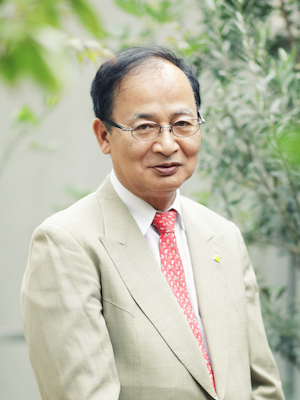
Fram Kitagawa (北川フラム) is the Chairman of Art Front Gallery and Director of the Echigo-Tsumari Art Triennale. Born in Niigata Prefecture in 1946. Following his graduation from Tokyo University of the Arts, he organised various exhibitions that introduced to Japan works of art that at the time were not well known. He has been responsible for a wide range of art projects such as the Antoni Gaudi exhibition that traveled to 13 Japanese cities in 1978-1979 and the Apartheid Non! International Art Festival, originally organized as Art Against Apartheid by UNESCO, that was shown at 194 venues throughout Japan in 1988-1990.
Kitagawa has received high praise for his involvement in activities related to community development, such as his lead role in the planning of the Faret Tachikawa Art Project and the cultural activities he oversaw at the Daikanyama Hillside Terrace.
He has served as the general director of the Echigo-Tsumari Art Triennale since 2000, and has made a major contribution to the development of the region through art. He has also served as the general director of the Setouchi Triennale the Northern Alps Art Festival, the Oku-Noto Triennale and Ichihara Art Mix, Boso Satoyama International Art Festival.
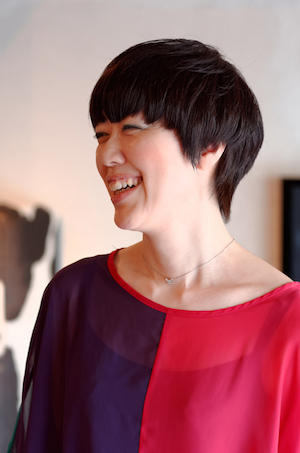
Teiko Hinuma (日沼禎子) is the Program Director of the Kesen Artist in Residence Program (formerly known as Rikuzentakata AIR), a Professor of Art Produce and Museum Studies at Joshibi University of Art and Design, and a board member of AIR Network Japan. Previously, she worked for gallery management planning companies and art magazines as an editor.
In 1999, she was involved in the foundation of Aomori Contemporary Arts Centre. Until 2011, she served as a curator there, planning many exhibitions, projects, and residencies for artists. She has also served as the Program Director for the civilian artists support group ARTizan (Aomori), a project director of the Saitama Triennnale 2016 and art director of UBE Tokiwa Museum.
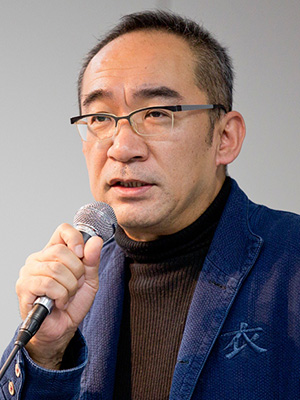
Norikazu Sato (佐東範一), Executive Director, NPO Japan Contemporary Dance Network, joined Butoh company Byakkosha in 1980 as both a dancer and company manager until it was dissolved in 1994. He studied arts management at the Dance Theater Workshop in New York in 1996. He then founded a non-profit organization, the Japan Contemporary Dance Network (JCDN) in Kyoto in 2001. JCDN organises Odori Ni Ikuze!! ("We are gonna go Dancing!!", a national tour project) affiliated with performance venues across Japan from 2000, including Asian tours.
JCDN has promoted Community Dance activities since 2008, and JCDN International Dance In Residence Exchange Project between Finland, Korea, U.S., Australia, Hong Kong since 2011. Sanriku-International Arts Festival is held annually by JCDN in Tohoku, a disaster area severely damaged by the Great East Japan Earthquake and tsunami since 2014. Now JCDN attempts to start New Dance Project in Japan and overseas, including exchange programs with international organisations. They have received the Japan Foundation's Prize for Global Citizenship in 2006 and Kyoto City Arts Promotion Prize in 2015.
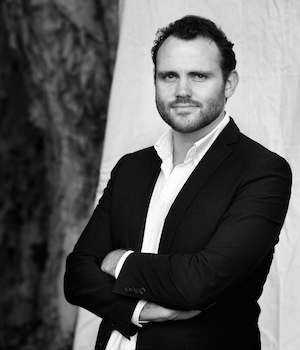
Andrew Burns graduated from the University of Sydney in 2004. Since establishment in 2008, his practice has undertaken residential, cultural, community and public projects. The practice’s approach seeks to combine social engagement with design excellence, and is characterised by precise geometry and material exploration.
In 2011, the practice received first prize in the Australia House design competition for the Echigo-Tsumari Art Triennale in Japan, selected by Tadao Ando from an international field of 154 entries.
In 2012, the practice was awarded first prize in an invited competition to transform a forgotten pocket at Gibbon's Rent into London's newest park and selected for the inaugural Fugitive Structures project at Sherman Contemporary Art Foundation, since installed permanently at Heide Museum of Modern Art, Melbourne.
In 2013 Andrew was a finalist for the Australian Pavilion at the Venice Biennale and received the RAIA National Emerging Architect Prize. In 2014, the practice was shortlisted for the Green Square Aquatic Centre project and received the Jorn Utzon Award for International Architecture for Australia House.
Recently, the practice has received the significant commissions of a new café in Hyde Park Sydney, Cranbrook School’s rural campus in the Wolgan Valley, a series of remote projects in National Parks throughout Australia and a number of large scale multi-residential, education and hotel projects.